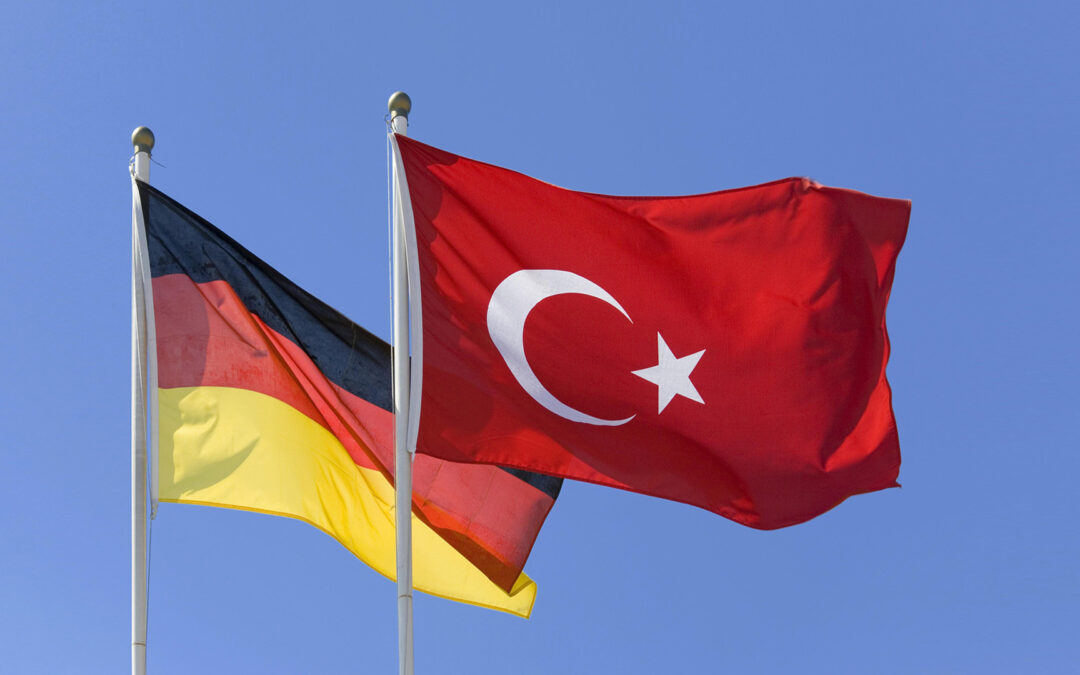Despite the political turbulence, is Turkey still the focus of international buyers? The country can meet complex needs, especially in the textile and mechanical engineering sectors. High quality standards with comparatively low procurement costs as well as the geographical proximity and a well-developed infrastructure make the procurement market in Turkey attractive for German companies.
On the other hand, there is a current inflation rate of 20.3 percent and a key Turkish interest rate of 24 percent (as of January 2019). And: The local elections in March 2019 are imminent, which can change a lot on the cost side. So what about the procurement market in Turkey? Make up your own mind.
Facts about the procurement market in Turkey
The procurement market in Turkey is considered to be one of the most attractive markets among the low-cost countries and offers enormous future potential for purchasing. The Turkish economy grew by 7.4 percent in 2017 alone – not even China managed that . One reason for this is the Turkish government’s extensive economic stimulus program, which is pumping a lot of money into the economy.
Turkey has long scored with low prices, good quality products, reliable suppliers and short delivery times . The country is strategically located between Europe and Asia: the distance between Istanbul and Berlin is just 2,200 kilometers. And: Turkey is a member of the EU Customs Union. From a global perspective, Turkey has therefore developed into a highly interesting procurement market. Many purchasing experts even see Turkey as the China of Europe.
Procurement market Turkey : Clothing and Textiles
The corporate tax rate in Turkey is currently 22 percent, three percent lower than in the two most important competitor countries for apparel exports: China and Bangladesh. In addition, the government has created a whole range of incentives and funding opportunities to strengthen and expand the manufacturing industry. In 2017, Turkey exported $14.8 billion worth of clothing . The largest part – 73 percent – ended up in the EU.
However, Turkey has a competitive disadvantage when it comes to clothing and textiles: At USD 550 per month, wage costs are high compared to other production hotspots. For comparison: In Bangladesh, wage costs are around 65 dollars a month, in Pakistan 100 dollars, in Vietnam 130 dollars and in China between 150 and 275 dollars.
However, these costs are not set in stone. In Bangladesh and Vietnam there are currently initiatives aimed at a significant increase in the minimum wage. And in China, monthly wages have increased by 188 percent over the past decade.
Procurement market Turkey : Mechanical engineering and Machine tools
Turkish mechanical engineering is the seventh largest economic sector in the country. Most important foreign trade partner in this sector: Germany. The value of exports to Germany in 2016 was $2.1 billion. For comparison: In 2016, the total export of all goods to Germany was 13.7 billion dollars.
The mechanical engineering company, which is mainly based in the north-west of the country and around Izmir and Ankara, also produces tools for car manufacturers and manufacturers of household appliances – provided that the injection moulding, sheet metal forming, casting and stamping tools are not too technologically complex.
Overall, the procurement market in Turkey is particularly interesting for medium-sized and large German mechanical engineering companies. The country’s strong supplier industry offers perfect conditions for the modularization of machine components. There is also potential in the areas of plastics machines, food processing and packaging machines , printing and paper machines and machines for the textile and clothing market.
Procurement Market Turkey : Raw Materials
The rare semi-metal boron has a wide range of applications in various branches of industry. Detergent manufacturers, for example, use boron as a bleaching agent. The glass industry needs boron for the production of glasses and ceramics with high chemical resistance and thermal shock resistance. In the semiconductor industry, boron is used for doping. And in the rocket and armaments industry, boron is in demand as an important fuel component.
What does all this have to do with Turkey? Quite a lot: no other country in the world has larger boron reserves. A full 73 percent of global deposits are located there. Boron is not the only raw material Turkey has to offer. The country on the Bosphorus also has significant coal, copper and iron ore deposits as well as industrial raw materials such as chromium, strontium, antimony, gold and mercury.
What does the future hold?
Turkey is currently trying to expand its competitive advantage. By 2023, the export target of 500 billion US dollars and a gross domestic product (GDP) of two trillion US dollars should be achieved. To this end, the country has launched a whole series of growth-enhancing investments and improvements. Turkey, for example, is planning an additional 13,000 kilometers of new roads and 12,000 kilometers of new rails to facilitate transportation. There are also plans to increase the number of logistics centers from eight to 21 by 2023.
Conclusion
The Turkish economy is fundamentally more volatile than the German economy and reacts much more sensitively to crises. Nevertheless: Purchasing should not underestimate Turkey’s procurement market. Both manufacturing and procurement in Turkey can significantly reduce purchasing costs, increase margins, improve products and secure or even expand a company’s position in the market.
So first take a look at the procurement market in Turkey before you research the Far East. With the right Turkish partner you can probably get more out of it than in the Far East.
